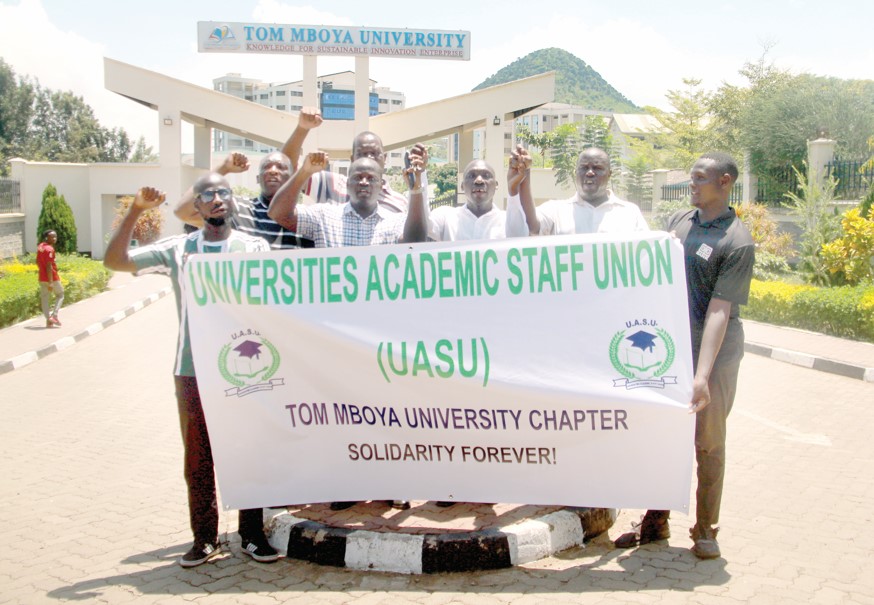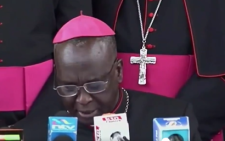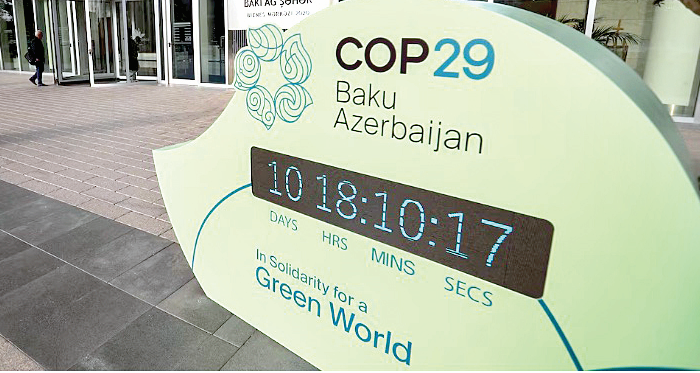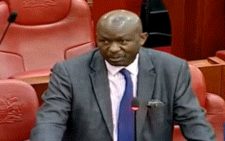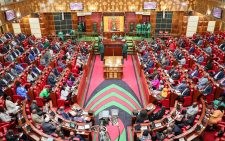The ongoing strike by lecturers that has brought the education system in public universities to a grinding halt and affected thousands of students across the country is being turned into a tragicomedy.
With a significant portion of the semester already lost, the government seems less interested in coming up with immediate, decisive action to resolve the impasse.
The Inter-Public Universities Councils Consultative Forum has been sending out mixed signals about its commitment to starting constructive dialogue with the striking dons, while on the other hand, some universities have resorted to threats and intimidation against lecturers who have withdrawn their labour.
Both the universities forum and the Ministry of Education have failed to table any evidence indicating that the government has allocated Sh4.3 billion the former has settled on. Instead, the forum has resorted to empty promises and threats and intimidation against lecturers who fail to resume duty.
At the centre of the tussle is the Universities Academic Staff Union’s demand for the full implementation of the 2021-2025 Collective Bargaining Agreement that it signed last year, and which was reviewed in September when its members called off a one-week nationwide strike.
Under a return-to-work formula signed in September, lecturers were to get a seven percent to 10 percent basic salary increase, depending on job grades, as well as a four percent annual increase on their basic salary.
But while dons hold that they need Sh9.7 billion to implement it, the Ministry of Education has only presented Sh4.3 billion.
University of Nairobi acting Vice Chancellor Prof Margaret Jesang Hutchinson said the strike had affected teaching, research and community services, threatening to take unspecified action against striking dons who fail to resume duty.
Moreover, the strike is disrupting the academic lives of students. Thousands of youngsters are already struggling to complete their degrees on time due to recurring industrial action in public universities.
With many students facing the risk of extended academic years, uncertainty looms over their future career prospects. Delayed graduation means late entry into the job market, compounding the existing challenges of youth unemployment.
That is why we are asking universities and lecturers to resolve the standoff.

